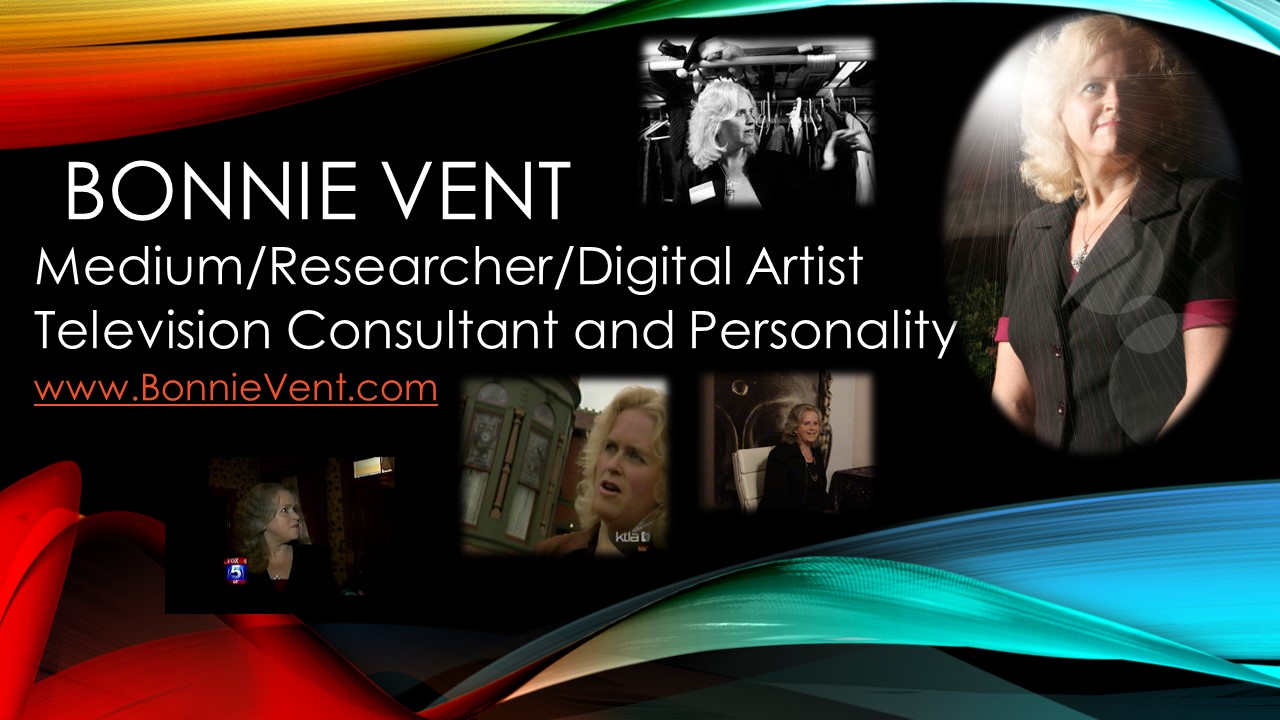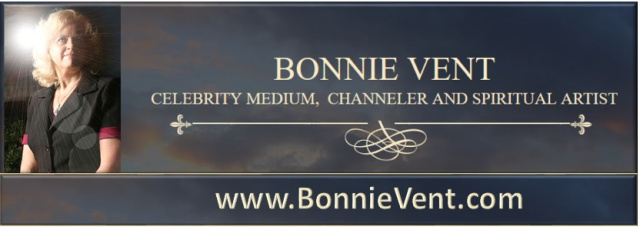An in-house attorney for AEG testified Tuesday that his company did not look into the background of Conrad Murray, the doctor who gave Michael Jackson a fatal dose of the anesthetic propofol two weeks before the singer was to perform in a series of comeback concerts in London.
Shawn Trell, a senior vice president and general counsel for AEG Live for nearly 10 years, said the entertainment agency did not conduct background checks for independent contractors.
Murray, according to a Los Angeles Police Department detective who testified earlier in the trial, owed hundreds of thousands of dollars in tax liens, child support and other debts. The plaintiffs have argued that Murray's finances motivated him to push Jackson to perform so that the doctor could get paid by AEG.
“Did anyone from AEG ever at any time interview Dr. Murray?” asked Brian Panish, the attorney for Jackson’s mother and three children who filed the civil suit accusing AEG of negligently hiring and controlling Murray.“No,” Trell replied.
Panish showed an email written by AEG Live President and CEO Randy Phillips on June 20, 2009, to “This Is It” director Kenny Ortega, who had insisted Jackson was in need of a psychiatrist.
Phillips replied:
“I had a lengthy conversation with Dr. Murray, who I am gaining immense respect for as I get to deal with him more. He said that Michael is not only physically equipped to perform and, that discouraging him to, will hasten his decline instead of stopping it.... This doctor is extremely successful (we check everyone out) and does not need this gig so he [is] totally unbiased and ethical.”
Panish then asked Trell, “Sir, you never checked out one single thing about Dr. Murray -- you’ve already told me that, correct?”
PHOTOS: Michael Jackson | 1958-2009
“As of the date of the email, that would’ve been correct,” Trell said.
When pressed by Panish, Trell said that Phillips’ statement that Murray had been checked out, along with the executive’s claim that the doctor “does not need this gig” were inaccurate.
“I don’t know where Randy’s understanding or impression comes from,” Trell said.
More than five months after Jackson’s death, Trell said, he informed LAPD detectives that Murray initially requested $5 million to join the tour but eventually agreed to a salary of $150,000 a month for 10 months. AEG also agreed to provide medical equipment and a nurse, he testified.
Panish showed emails exchanged among AEG executives that contained drafts of Murray’s contract. On June 23, 2009, attorney Kathy Jorrie emailed Murray and said she had “attached a clean pdf version which is ready for execution.”
Although Murray had signed a contract with the company, neither Jackson nor anyone from AEG had added their signatures. Trell testified that a copy of the contract had never been sent to Jackson.
Trell also said that before signing an agreement with AEG, Jackson had been considering a tour offer from its main competitor, Live Nation.
In Panish’s opening statement more than three weeks ago, he painted AEG as a gang of ruthless executives concerned only with catching up to Live Nation, the world's largest concert promoter.
“You do what you gotta do if you want to be No. 1 in this rough business of concert promotions,” Panish said at the time.
Since then, Panish has attempted to show that AEG put its own interests ahead of the health of its 50-year-old star, who witnesses have testified was gaunt and sickly.
AEG’s attorneys have countered that it was Jackson who insisted on bringing Murray onboard and that the doctor’s salary was part of the multimillion-dollar advance to the singer.
Trell testified Tuesday that Jackson’s advance, which covered his $100,000-a-month rent on his mansion and a $3-million payment to settle a lawsuit that would free up his performance rights, was considered a loan to be paid back to AEG.
The attorney said he met Jackson just once: when AEG executives went to the singer’s home where he signed his contract, which included a stipulation that the artist did not possess any known health ailments that could interfere with the shows.
“There was a real positive energy and vibe in the room,” Trell said. “He seemed genuinely enthused, we sat there for some time and he had the contract out in front of him. He said he had read every page; he was flipping through it. It just felt -- he just seemed so enthused by the whole thing.”


